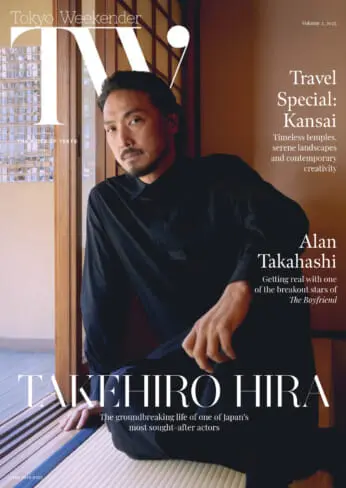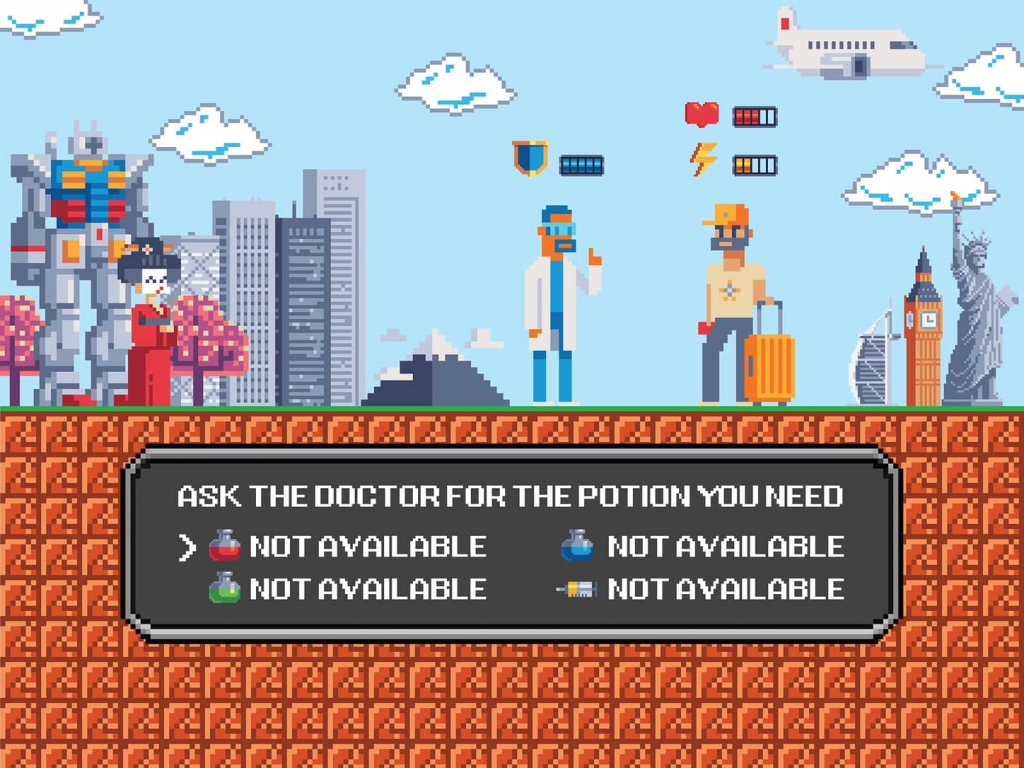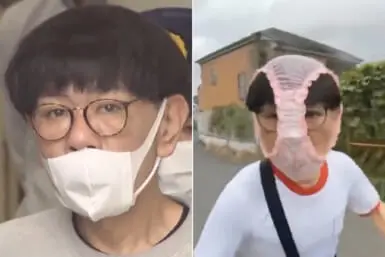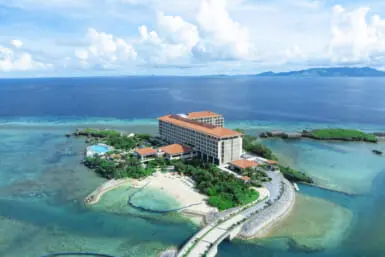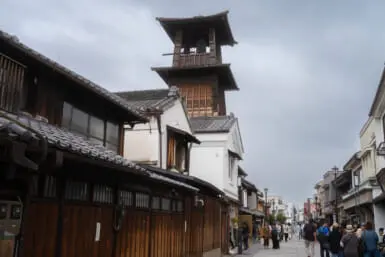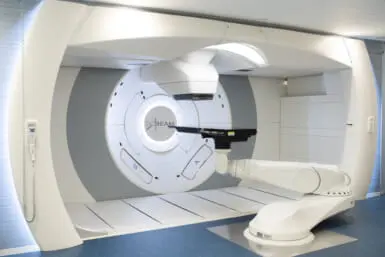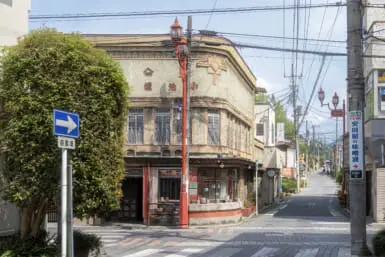As the old song says, “your bags are packed and you’re ready to go!” Your Japan trip is off and running! Hopefully, you won’t need any medical care while in Japan, but in case you do, this article is meant to ease the stress.
First, make sure those packed bags don’t include any prohibited medications. Some over-the-counter medicines that may be permitted in your home country may be illegal in Japan. Things like inhalers or any products including stimulants such as pseudoephedrine (Actifed, Adderall, Sudafed, Codeine) are strictly prohibited. Other medications are allowed in limited amounts; typically, a two-month supply, above which duties may be levied. Even disposable contact lenses fall into this category.
Can I Bring Prescription Medication to Japan?
Some prescription medicines may not be brought into Japan, even if you have a prescription, so do the research first to make sure you’re legal. Do not bring any prescription medicines into Japan in an unmarked bottle. Customs officials can detain violators for several weeks. Not a good way to start (and end) your trip. You can bring a one-month supply of allowable meds, but you must bring a copy the prescription and a letter from the doctor stating the drug’s purpose. If you need more than a month’s supply, or syringes, you’ll need to fill out a customs declaration form. Obviously, purchasing any drugs illegally in Japan subjects you to arrest and imprisonment. The same goes for bringing in any recreational drugs and if caught with these your Japan visit will likely be extended by many years where your view will be the inside of a jail cell.
How Do I Find a Doctor in Japan?
So, you’ve made it through customs and immigration and you’re now well settled into your accommodations, when you wake up one morning feeling like death warmed over. You need to see a doctor. If you’re staying in one of the major hotels the concierge or front desk staff may be able to help you find a doctor who speaks your language (there are a number of doctors and clinics with English-speaking staff).
Most embassy websites have lists of language capable doctors and hospitals. Some examples (from the US Embassy’s list) are, American Clinic Tokyo, Hiroo International Clinic, St. Luke’s International Hospital, Tokyo Metropolitan Hiroo Hospital and Sanno Hospital. There is even a clinic with English-speaking staff at Haneda Airport. For the kids you may want to try Suwa Michiko Pediatric Clinic. Check your embassy’s website for additional resources. For multiple language searches for medical facilities use the Japan National Tourism Organization’s website.
For dental emergencies there are a number of English-speaking dentists with international training to provide good dental services. A few are Hitomi Dental Clinic, Brush Carrera Dental Clinic and Daikanyama Dental Clinic. Again, your embassy’s website should have more information.
Will My Health Insurance Cover Medical Emergencies in Japan?
You may also be able to get a list of medical providers from your travel health insurance company. You did remember to buy a travel health plan, right? Most medical providers will not accept your foreign health insurance plan, which means you’ll be required to pay in cash or by card (be aware that many clinics do not accept credit cards), and then do your own negotiations with your health insurance company once you return home.
Your health insurance company may, or may not, pay the costs for out-of-country medical care. A travel insurance plan might be one of the best investments you can make for your trip to Japan. Many of these plans not only cover medical care, but also things like liability, emergency evacuation, delayed or canceled trips, lost or stolen items, and more. You can also buy this insurance in Japan from Tokio Marine & Nichido Fire Insurance Co., Ltd., or Sompo Japan Nipponkoa Insurance Co., if you forget to buy it before leaving your home country.
What is Japan’s Emergency Phone Number?
If you’re out and about, or in accommodations with no concierge or staff and need to call an ambulance, the number to call is 119. Make sure to speak slowly and clearly to help the operator understand you. Japan Helpline (0120 461 997) offers 24-hour English-language emergency services, including phone support for health questions and minor injuries.
It is also a good idea to put your basic medical information in your wallet or purse in case you are in an accident or otherwise unable to communicate with the emergency medical personnel.
Important medical information:
• Name
• Blood type
• Any current illnesses
• Medication you are taking
• Allergies to any medicine
• Medical history
• Your religion
• Emergency contact information
For more information about how to handle any emergency situation (including novel coronavirus related inquiries) in Japan, the General Insurance Association of Japan provides information online in multiple languages.
